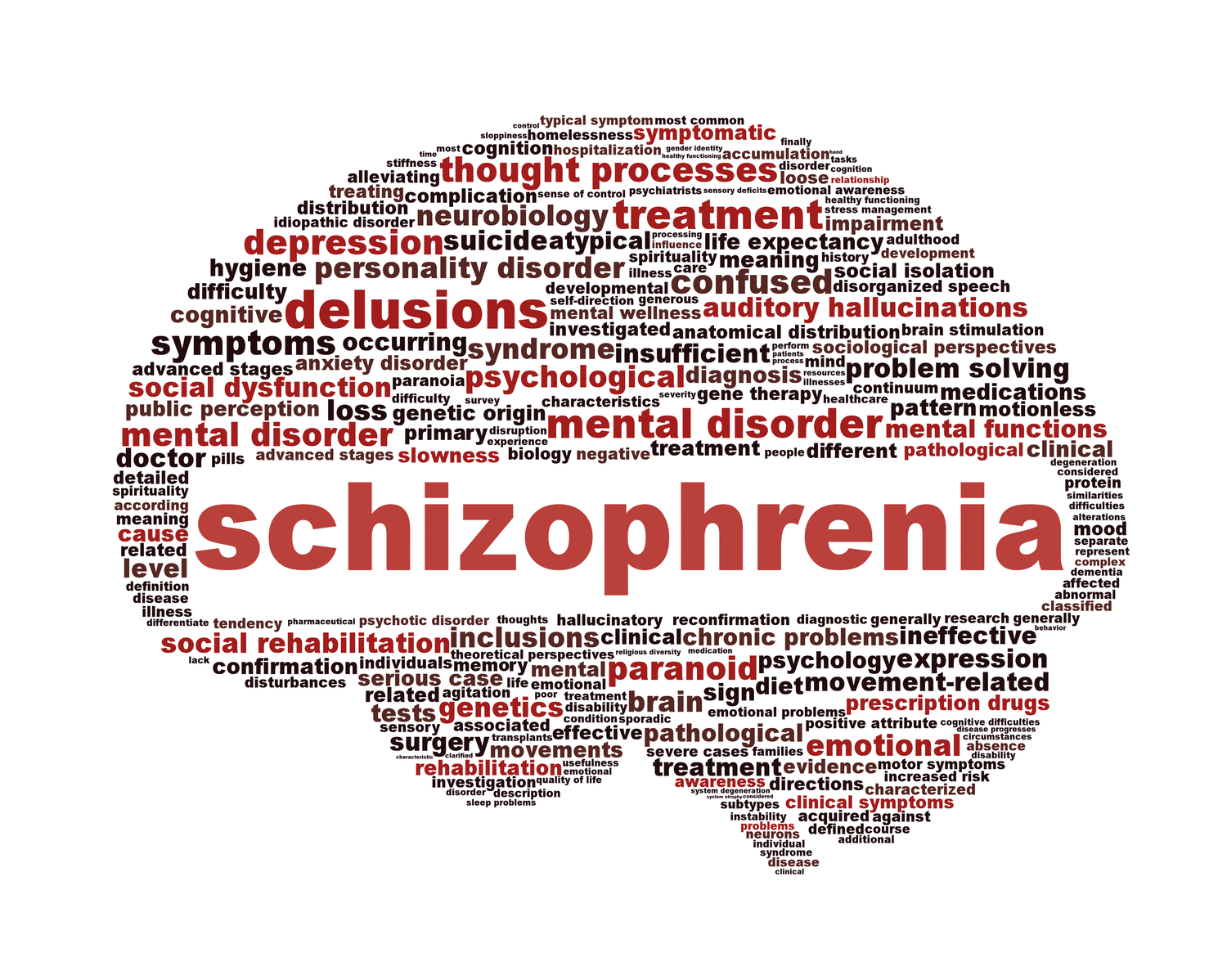
3 Early Signs of Schizophrenia
Schizophrenia is characterized as a severe mental disorder in which patients interpret reality in an abnormal way. Researches have never known the exact cause of schizophrenia, but some believe environmental trauma, brain chemistry, and genetics may contribute to the development of the disorder. Schizophrenia should always be properly diagnosed and treated by a qualified mental health professional. Telltale signs of schizophrenia include:
1. Social withdrawal
Social withdrawal is one of the early signs and symptoms of schizophrenia and affects the patient with very high impact. In patients, social withdrawal impairs their behavior making most of them live alone. If they have any social contacts, they are very few and they don’t interact with them in social gatherings.
Identifying the brain areas involved with social withdrawal is difficult because the brain has several overlapping structures responsible for avolition, cognition, and social interaction. However, the main neurotransmitters associated with schizophrenia are glutamate and dopamine and they might be involved. Also, neuropeptides, noradrenaline and acetylcholine have similar roles and might be involved. It is also important to note that patients may present social withdrawal symptoms as a result of other negative symptoms in the body.
2. Lack of emotions
In many instances, schizophrenia patients show lack of emotions. The sign is characterized by lack of change in the pitch, tone or strength of the voice when communicating. Also, the facial expression remains unchanging and apathetic. This affects patients with this disorder to the extent that even after hearing good news, they can’t smile or rejoice. Lack of showing emotions as a sign of schizophrenia is more common in males.
Scientists say lack of emotions, also called the flat effect, is caused by differences in the way the brain functions. There are also some neurocognitive deficiencies associated with schizophrenia. Occasionally, the flat effect might be a side effect of using some medications- antidepressants- when trying to treat schizophrenia. Various conditions are linked to the failure of showing emotions like facial paralysis, muscle disorders, Parkinson’s disease, depression, brain damage or autism. People with the flat effect do not maintain eye contact, communicate through non-verbal responses which are not in line with the situation at hand, do not respond to emotional stimuli, show no interest in conversations and have a flat voice without expression.
3. Insomnia
Insomnia and other sleep related problems are an early sign and symptom of schizophrenia. Schizophrenia and sleep disturbances are associated because care for food and sleep, supervision and rest in bed are the most important requisites for a patient.
Patients with this sign rarely fall asleep or stay in sleep and feel sleepy during the day. People with schizophrenia say sleep problems fluctuate from time to time. To find the treatment of insomnia for schizophrenia patients, therefore, it would be nice to track the changes in sleep shifts and identify what triggered the changes in sleep schedule. Most sleep problems, like insomnia, are associated with negative functional and health consequences. Treating insomnia for patients with schizophrenia helps them in their recovery journey and prevents mental relapses in future.
Schizophrenia patients exhibit various signs. However, social withdrawal, lack of emotions and insomnia are the three main early signs. Whenever a patient realizes they have schizophrenia, they should seek medical attention immediately to get treatment. Always take your medications and follow the doctor’s advice.



